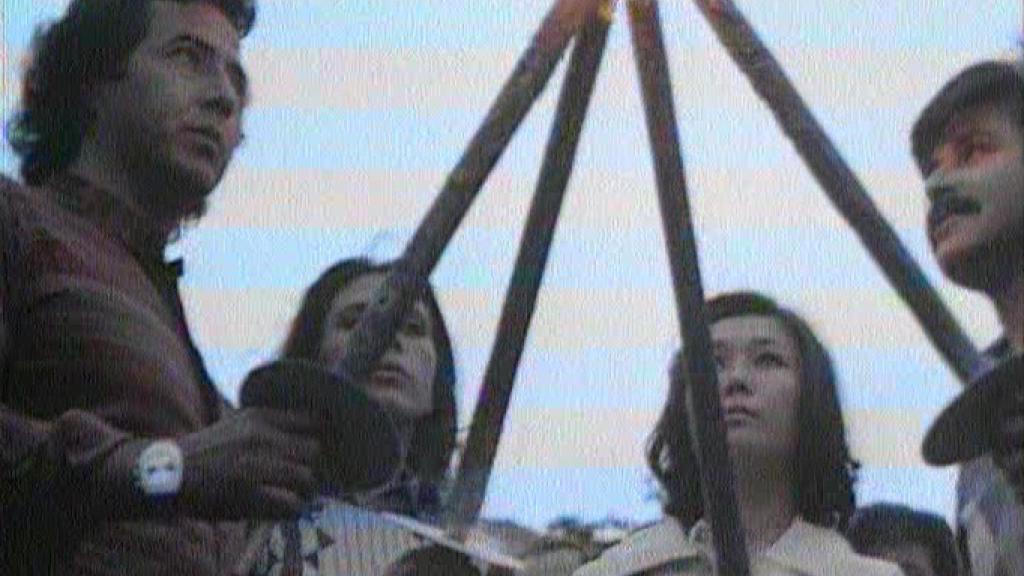- Program
- /
- Film Series
- /
- EXCAVATIONS
- /
- Kara Kafa
Kara Kafa
Introduction by Can Sungu
Cafer, a Turkish metalworker, moves his family from their Turkish village to Germany. He is certain that this move to the “land of opportunity” will save his family from poverty, but their new life brings a lot that is difficult and unexpected. Cafer’s wife becomes involved in the women’s movement and undergoes both inward and outward changes based on the friends she makes there; their older son is lonely and doesn’t want to go to school; their daughter has to stay home and take care of her newborn brother. With its leftist, political view of labor migration, Kara Kafa (Black Head) distinguishes itself from other examples of German-Turkish cinema. After it was completed in 1980, the film was banned by the Turkish censorship committee of the time, which claimed it hurt “the honor of Germany, our befriended nation.” Charges were brought against the director Korhan Yurtsever and he fled to Berlin, where he lived in exile for years. The original negatives that could not be confiscated by the Turkish authorities surfaced unexpectedly last year and served as the basis for this restoration. (CS)
